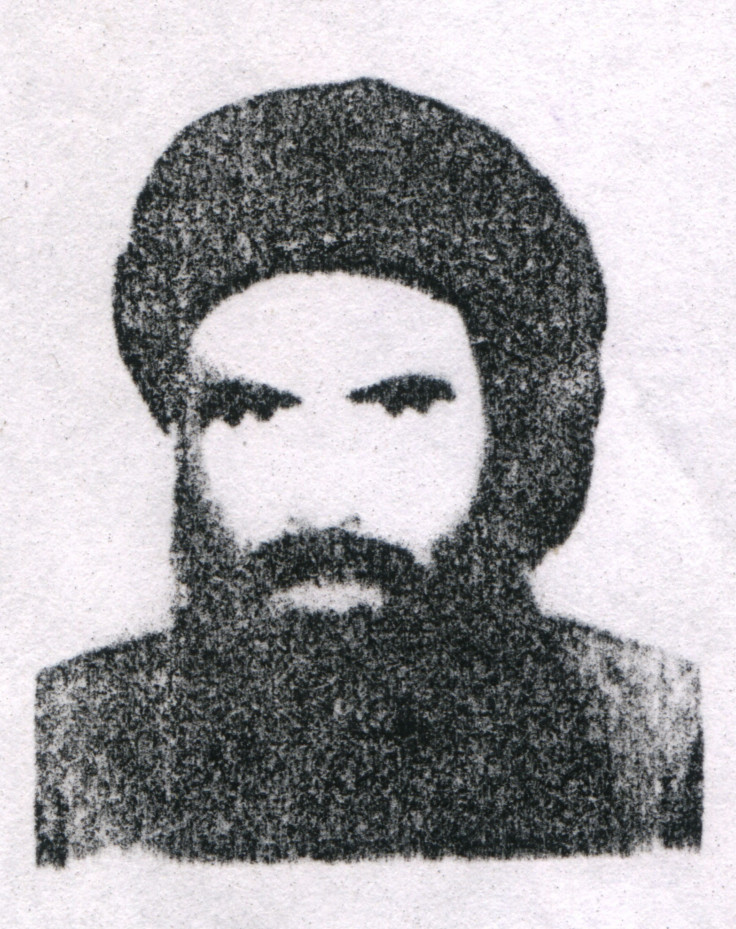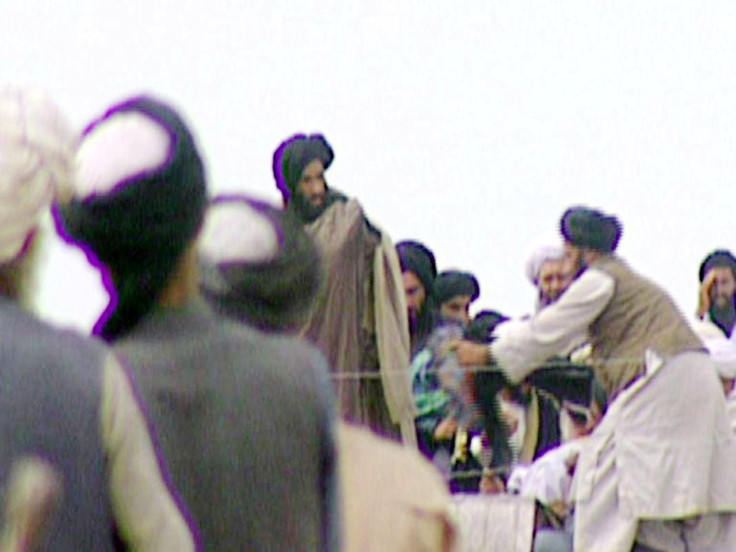Taliban Leader's Death Creates Power Vacuum, Threatens Peace Talks With Afghanistan, Leaves Door Open For ISIS

On a fall night in October 2001, just one month after the 9/11 attacks, more than 100 U.S. army ranger paratroopers and special forces launched an assault on a large compound on the edge of Kandahar, Afghanistan. They were looking for clues about the locations and activities of the terrorists that played a part in the killing of 2,977 people in New York that fateful September morning. They knew that one man in Afghanistan, Mullah Mohammad Omar, the leader of the Taliban, could have the information they needed.
The special forces seized papers and other forms of intelligence from the compound, but Omar escaped that raid in 2001. He has been missing ever since, flitting between safe houses in Kandahar, eventually making his way to Pakistan. The U.S. wanted him for harboring al Qaeda terrorists in Afghanistan prior to the 9/11 attacks.
Omar, according to various media reports, was born in 1959 or 1960, in a small village near the southern city of Kandahar. He became a cleric before joining the resistance against the Soviet-backed government from 1989 to 1992.
For more than a decade, he lived in the shadows, with a $10 million U.S. State Department bounty on his head, and only rarely appeared in public. Although rumors of his death circulated in media outlets, it was not until Wednesday that the Afghan government confirmed his death.
"The government ... based on credible information, confirms that Mullah Mohammad Omar, leader of the Taliban, died in April 2013 in Pakistan," the presidential palace said in the statement.
Some analysts think that confirmation of Omar's death will lead to defections to the Islamic State group, also known as ISIS. Leaderless and directionless, low-ranking members of the Taliban could be tempted to jon ranks of ISIS. The group first announced its expansion into Afghanistan in January and has since been fighting the Taliban in a confined area in the country's northern provinces. A senior Afghan Taliban commander based in Pakistan told Reuters, "We are at a crossroads, and it will take some time to resolve this (leadership) issue."
Pakistani media reported this week that Omar’s oldest son, 26-year-old Mullah Mohammad Yaqoub, was challenging the group’s second-in-command, Mullah Akhtar Mansoor, for the leadership position.
Senior Taliban officials, at least, are more concerned with garnering legitimate domestic power and governing the Afghan people than confronting ISIS. “No one knows who is leading these people in Afghanistan and Pakistan. At the moment, what they are doing is recruiting,” a Taliban commander told the Guardian in May. “They are in groups of a few dozen and do military exercises, going up mountains and down.”

A more pressing issue for the Taliban is the second round of Pakistani peace talks with the Afghan government that was announced just days before news of Omar’s death. It is unclear if those peace talks will take place this week, or if they will be delayed. But any disruption of the peace talks could catapult Afghanistan back into a state of chaos and could further escalate the violence already taking place throughout the country, especially in the Hindu Kush mountains.
The competition between different Taliban branches could further fractionalize the group, forcing it to make concessions with the Afghan government.
A recent Taliban message, which claimed to have been written by Omar, endorsed the peace talks, claiming that negotiating with the enemy was not prohibited in Islam. The message, though signed by Omar, was most likely written by his followers in Karachi, experts say, to garner enthusiasm from the younger members of the Taliban.
“There is already a lot of enthusiasm among the Taliban for the peace talks, but this will help, especially among the younger fighters,” Bette Dam, the author behind an upcoming biography about Omar, told The Guardian.
The government of Afghanistan said Wednesday “that grounds for the Afghan peace talks are more paved now than before” and called on “all armed opposition groups to seize the opportunity and join the peace process."
© Copyright IBTimes 2025. All rights reserved.





















